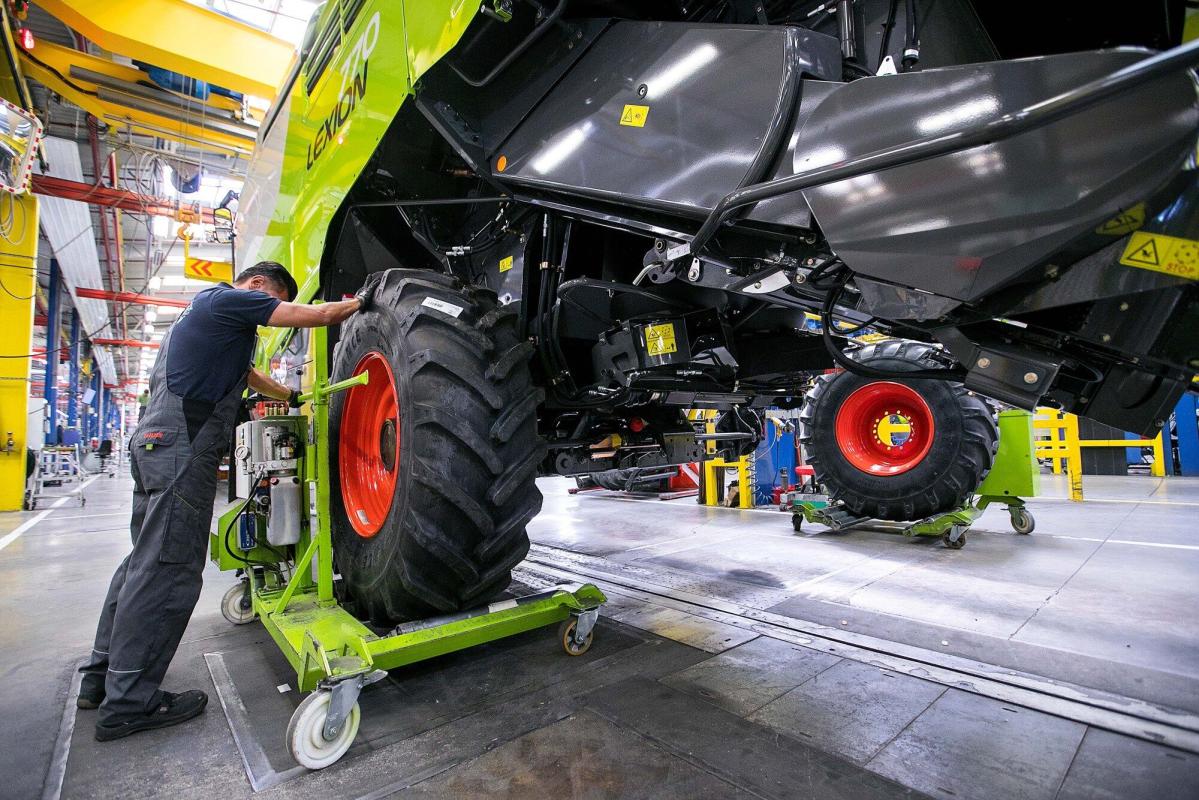

German manufacturing sector shows signs of stabilization amidst global economic slowdown and higher interest rates [2a5a8c90]. However, challenges such as waning demand, war in Ukraine, an aging workforce, and dependence on China persist. The decline in orders in the machine tool industry is attributed to global economic factors and the weakness of the Chinese market [2a5a8c90]. Despite this, turnover is still increasing, and the industry is expected to grow. German exports fell by 0.2% in October due to a slump in demand in the European Union [a31042f3]. The Ifo economic institute indicates a stabilization in exports, but few sectors expect exports to increase [a31042f3]. The future of German manufacturing depends on how it addresses its structural challenges and leverages opportunities for technological leadership through the green transition.
Plettenberg's Güde, a manufacturer of lockwashers, emphasizes its ability to adapt to changing circumstances [5108d9aa]. Despite a decline in business of around 18%, the company remains optimistic about the future. Güde operates internationally, with Germany being its largest market. The company has seen increased demand from countries such as India, Australia, and Japan. To address the challenge of finding skilled labor, Güde is automating its logistics and investing in optimization. The company has expanded its operations to Poland and is constructing new premises in Plettenberg. Güde has achieved various certifications and is focused on digitalization and sustainability. The company aims to increase its solar capacity and generate up to 50% of its energy in-house. Güde prides itself on being a reliable supplier and is well-positioned to help customers seeking a stable supply of products. The company is preparing for the future by reorganizing its operations, reducing its carbon footprint, and staying informed about market trends.
Kraiburg TPE, a supplier of thermoplastic elastomers, is maintaining steady growth in a challenging European economy [328c8d52]. The company's CEO, Oliver Zintner, attributes their success to conservative planning and a focus on developing innovative products for the automotive industry. However, Zintner expresses concern about the uncertainty surrounding the automotive business in Europe and the strategies of their established customers. Kraiburg TPE also serves the medical device industry with its range of medical-grade TPEs, which are in high demand in the United States. The company is committed to sustainability and sees it as a core competency. Zintner believes that similar sustainability regulations will be implemented in the Americas in the future. Overall, Kraiburg TPE remains optimistic about their prospects and is actively navigating the challenges of the business environment [328c8d52].